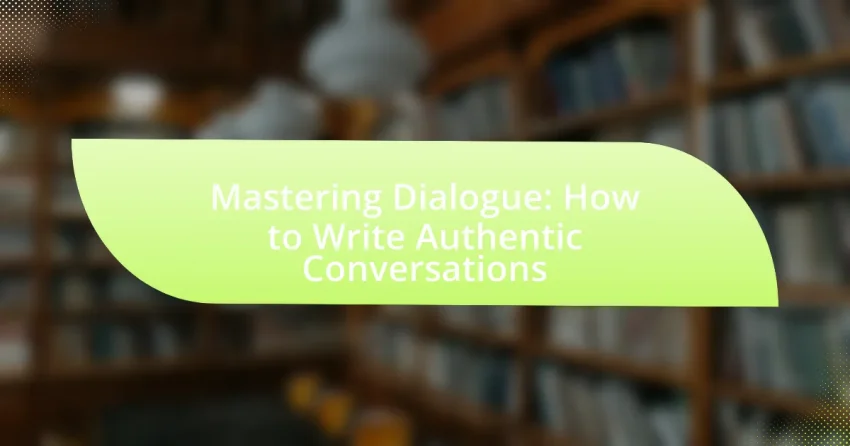Freewriting is a writing technique that allows individuals to write continuously for a set period without concern for grammar, spelling, or topic, promoting creativity and idea generation. This article explores how freewriting helps unlock creativity by reducing mental barriers, overcoming writer’s block, and enhancing cognitive processes such as divergent thinking and problem-solving abilities. It also…
The Importance of Editing: Tips for Polishing Your Writing
The article emphasizes the critical role of editing in writing, highlighting its importance in enhancing clarity, coherence, and overall quality. It discusses various types of editing, including developmental, substantive, copy editing, and proofreading, each serving distinct purposes in the writing process. Key elements refined through editing, such as grammar, punctuation, and style, are explored, along…
Structuring Your Story: The Importance of Outlining in Creative Writing
The article “Structuring Your Story: The Importance of Outlining in Creative Writing” emphasizes the critical role of outlining in the creative writing process. It highlights how outlining provides a structured framework that enhances narrative flow, character development, and overall coherence, leading to increased productivity among writers. Key elements of effective outlines, various types of outlining…
The Art of Show, Don’t Tell: Techniques for Engaging Readers
The article “The Art of Show, Don’t Tell: Techniques for Engaging Readers” explores the writing principle of “Show, Don’t Tell,” which emphasizes conveying emotions and experiences through descriptive imagery and sensory details rather than direct exposition. It discusses how this technique enhances storytelling by fostering deeper emotional connections and reader engagement. Key differences between showing…
Techniques for Writing Effective Descriptions: Bringing Settings to Life
The article focuses on techniques for writing effective descriptions that bring settings to life. It emphasizes the importance of sensory details, figurative language, clarity, and conciseness in creating vivid imagery that engages readers. Key topics include the role of sensory engagement in enhancing descriptions, the significance of specificity and emotional resonance, and the impact of…
Mastering Dialogue: How to Write Authentic Conversations
Mastering dialogue in writing is the essential skill of creating realistic and engaging conversations between characters, which enhances character development and advances the plot. Authentic dialogue reflects character voice, tone, and interaction dynamics, fostering a deeper connection with readers. Key elements include active listening, empathy, and respect, while techniques such as subtext and varied speech…
Tips for Writing a Compelling Book Proposal
A compelling book proposal is a structured document that outlines a book’s concept, target audience, and marketing strategy, serving as a persuasive tool for authors to attract literary agents and publishers. This article details the importance of a book proposal in securing publishing deals, highlighting key components such as the overview, market analysis, and author…
The Role of Social Media in Book Promotion
The article focuses on the significant role of social media in book promotion, highlighting how platforms like Facebook, Instagram, Twitter, and TikTok enable authors and publishers to reach broader audiences and engage directly with readers. It discusses the transformation of traditional marketing methods through targeted advertising, real-time interaction, and the emergence of book influencers and…
Understanding the Role of Literary Agents in Today’s Market
Literary agents play a vital role in the contemporary publishing market by acting as intermediaries between authors and publishers. They assist authors with contract negotiations, manuscript development, and navigating market trends, ultimately enhancing the chances of publication and fair compensation. The article explores the operational dynamics of literary agents, their responsibilities, and the advantages they…
Crafting Compelling Characters: Techniques for Character Development
The article “Crafting Compelling Characters: Techniques for Character Development” focuses on the essential principles of creating well-rounded characters in storytelling. It emphasizes the importance of character depth, motivations, and relatability, detailing how these elements contribute to character development and narrative engagement. Key topics include the influence of backstory on personality, the significance of character arcs,…









